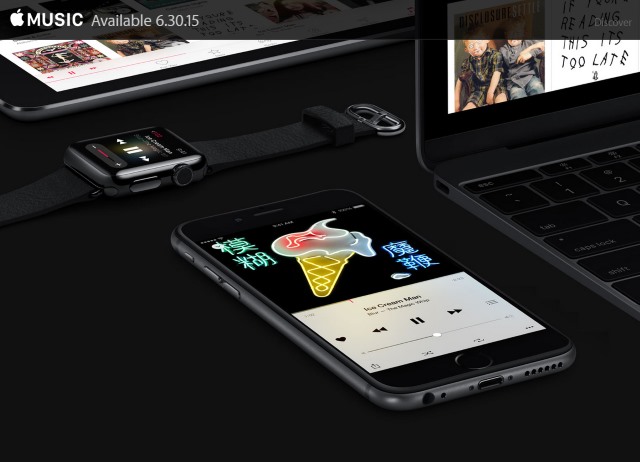
Apple Music to quadruple iTunes Match limit to 100,000 songs
Apple Music has managed to cause quite a storm before it even launches, and Eddy Cue has revealed something that will be music to the ears of subscribers. Writing on Twitter he confirmed that Apple Music subscribers will be able to take advantage of an iTunes Match-like feature that allows tracks to be stored in the cloud.
This in itself is nothing new, but the Apple executive also talked numbers. He explained that while Apple Music would have the same 25,000 as iTunes Match to start with, there are plans to increase this fourfold. The jump to 100,000 songs is penciled in as a feature for iOS 9.
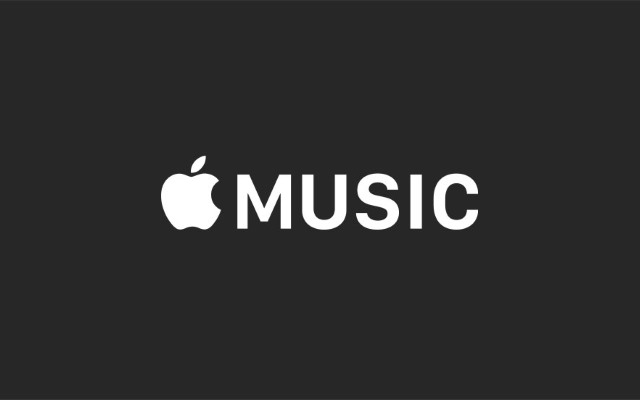
Apple Music earns artists just 3 cents an hour
It has been hard to avoid talk of Apple Music over the past couple of weeks. After the initial excitement of the launch, there was much wailing and gnashing of teeth at the revelation that there were no plans to pay artists during the initial three month free trial period.
Never fear, Taylor Swift is here! After complaining on behalf of musicians around the world in an open letter to Apple, Ms Swift managed to convince Apple to change its mind and dip its hand into its pocket. But did this mean that a great deal was offered? Clearly being paid 'something' is better than not being paid at all, but the New York Times reveals that Apple will be paying out just 0.2 cents every time a track is streamed.
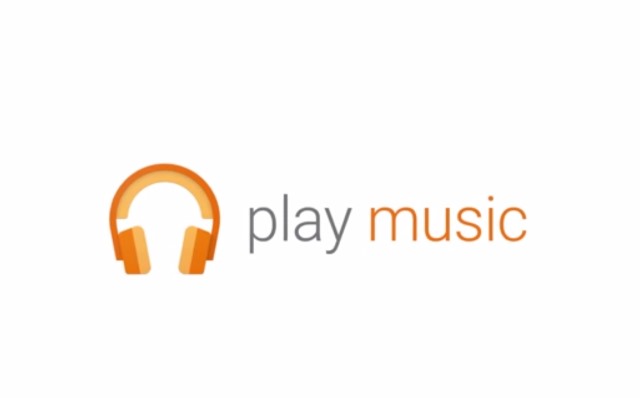
Free, ad-supported Google Play Music takes on Apple Music
Not willing to be upstaged by Apple Music, Google is launching a free version of its Google Play Music service. To make money, the free version of the service will be supported by advertisements -- forget free trials and the prospect of upsetting artists such as Taylor Swift.
The free version of Google Play Music is starting life in the US and Google is pushing the fact that there are curated radio stations to suit whatever mood you find yourself in. The station features the involvement of some of the Songza team and it is possible to home in on a custom radio station based on genre, mood, decade, activity, or similarity to particular artists.
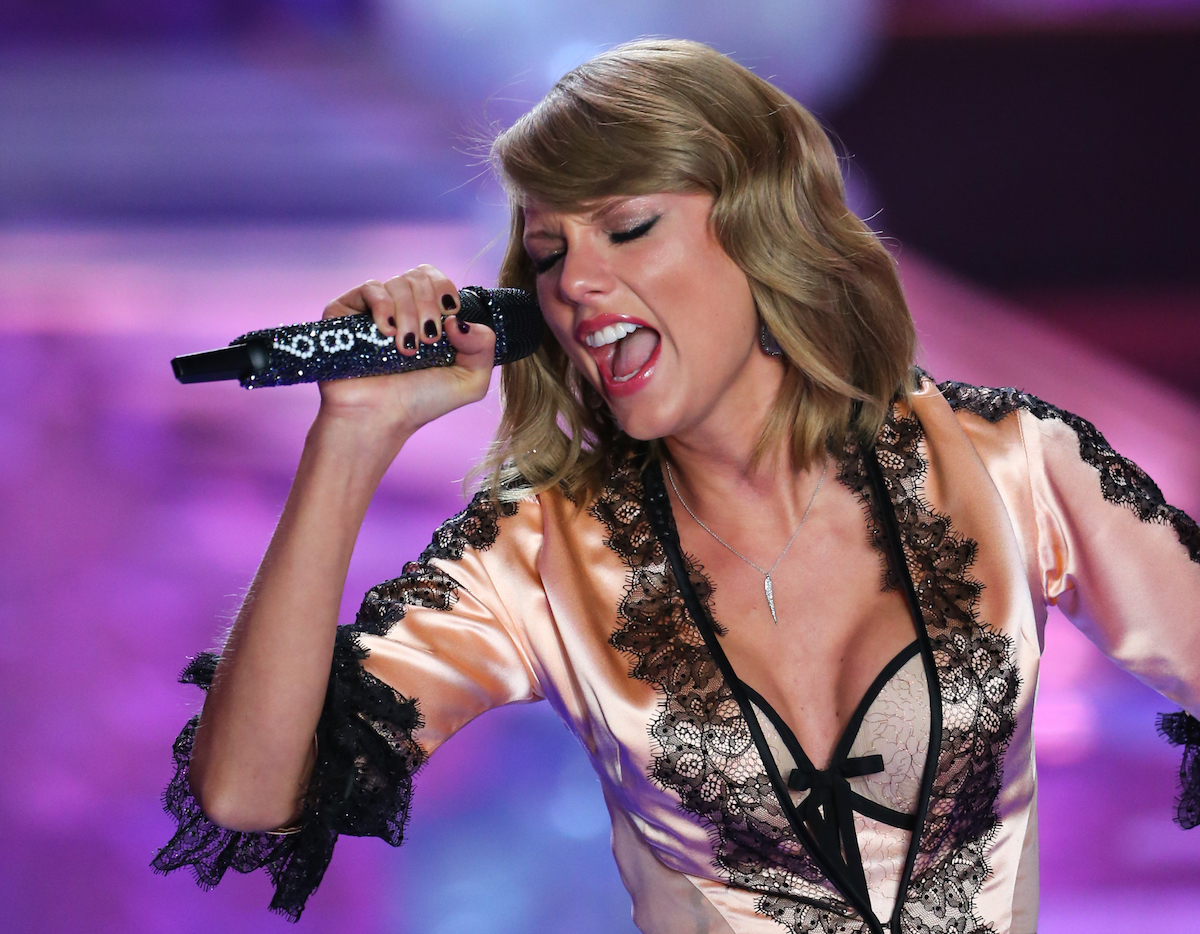
Now that Apple Music pays, will Taylor Swift and independents play?
As my colleague Manish Singh reports overnight, Apple reversed course and now plans to compensate artists for the first three months of music streaming. It's time to ask: Were the whiners grandstanding or sincere? The question mainly is meant for Taylor Swift, whose Father's Day Tumblr post seems to have brought, eh, swift response to the—what I call—"play for no-pay" plan.
The company unveiled Apple Music during the World Wide Developer Conference on June 8. The streaming service will be free to subscribers for the first three months, with Apple initially choosing not to make royalty payments to artists. I condemned the ridiculous strategy last week. The company sits on a nearly $200 billion cash horde, and content creators are among its most loyal customers. Stiffing them makes no sense from several different perspectives, with good public relations being one and expressing thanks to artist customers being another.
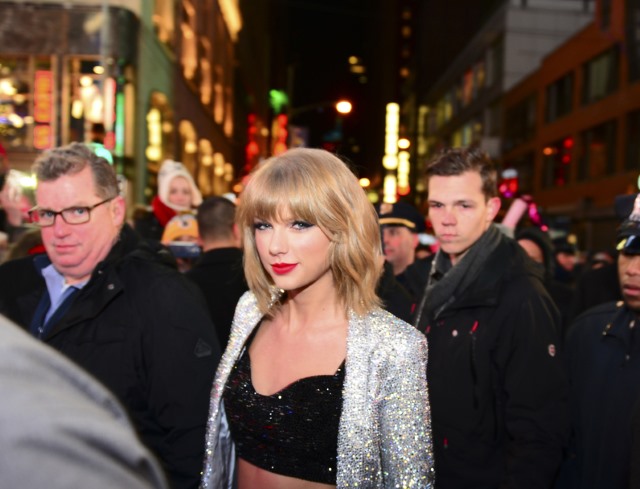
Taylor Swift denigrates Apple Music as 'shocking, disappointing'
There are only a few days until Apple Music launches, but already there is quite a backlash against the music streaming service. It's not just smaller, independent labels that are complaining about Apple's refusal to pay artists any royalties during the initial three month free trial period. Taylor Swift has added her voice to the growing number of complainants, writing an open letter to Apple in which she says she will withhold her new album 1989 from the service.
In the letter, entitled "To Apple, Love Taylor", the singer says that the company's decision not to make royalty payments is "shocking, disappointing, and completely unlike this historically progressive and generous company". Swift is an artist who could afford to shoulder the cost of three months of not being paid by Apple, but she has chosen to make a stand and stick up for those who are less fortunate.

Apple Music shouldn't steal artist royalties
For a company that generates more profits than any other ($18 billion during fiscal first quarter 2015), sits on a cash horde of nearly $200 billion, and has the gall to charge $150 for a watchband, stinginess is an unbecoming trait. Scratch that. Greediness. Putting profits before people, particularly devoted customers, when corporate advertising is all about how they matter more, is simply stupid public relations. In business, perception is everything.
So Apple's reported decision to give away music for three months, without compensating artists, is cheapskates behavior that demands criticism -- particularly about a company claiming that music means so much. Speaking to developers last week, CEO Tim Cook: "We love music, and music is such an important part of our lives and our culture". Oh yeah? If it's so important, why diminish its value? To zero. "We've had a long relationship with music at Apple". For how much longer without artists' cooperation? You don't own the content, Mr. Cook.

Indie labels 'screwed' by Apple Music free trial deals
With less than two weeks to go until the launch of Apple Music, a report suggests that the company is having trouble enticing smaller and independent labels into signing up to take part. The problem is not necessarily that there is a lack of interest in joining Apple Music, but that the three month free trial period would generate no income for the labels.
Apple Music will make its money through monthly subscription fees, a percentage of which is then shared with record labels. During the three month free trial, Apple will make no money from the music streaming service, and will therefore have no revenue to share. While this is a cost that larger labels might be in a position to absorb, small companies say it could put them out of business.
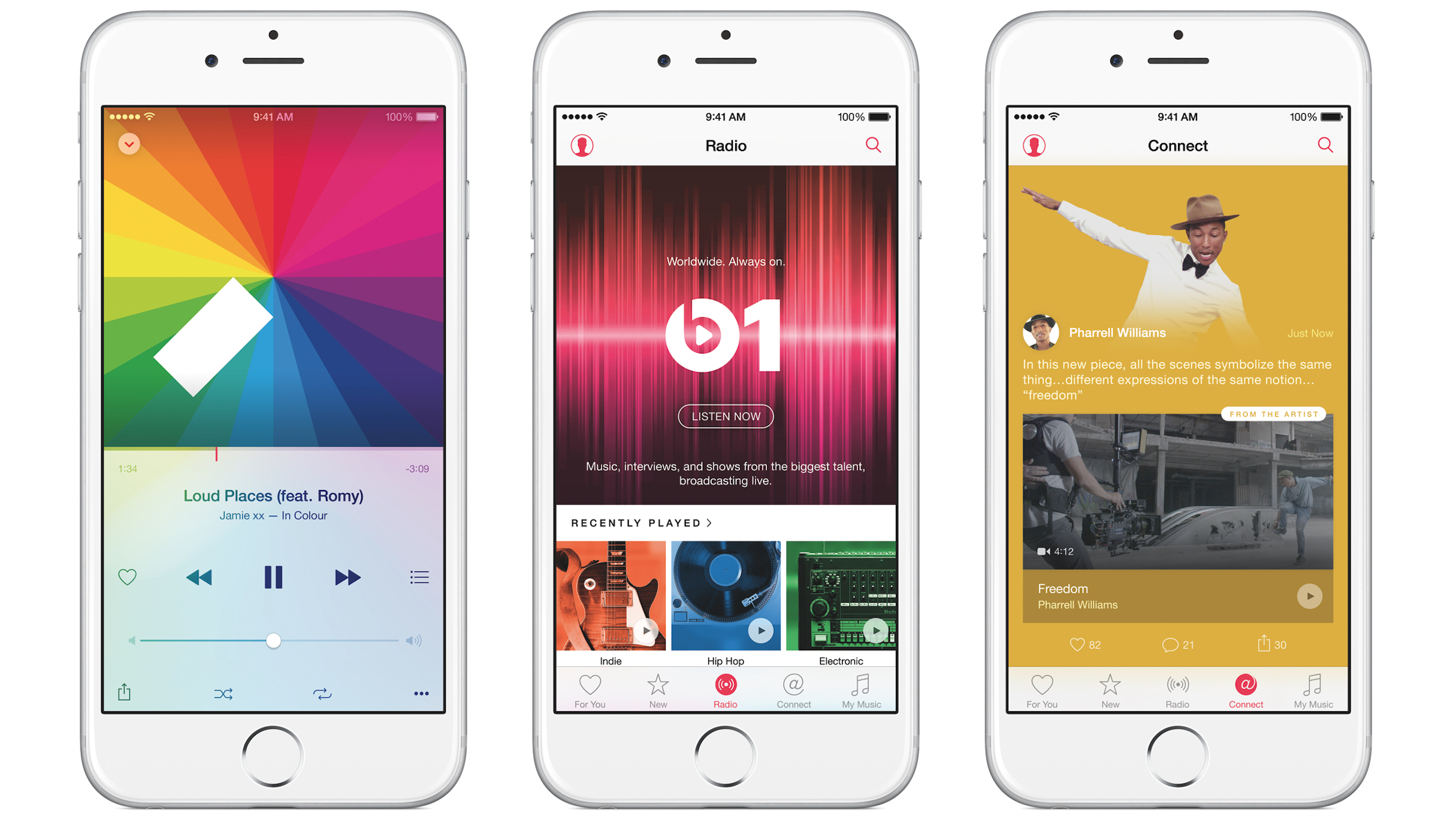
Apple Music is the Tim Cook 'One More Thing' we waited for
Seven days ago, CEO of the most valuable, publicly-traded technology company on the planet unveiled a potentially category-changing online streaming service. In 15 more, you will be able to subscribe -- three months for free. Pundits wave the Spotify flag and spit out diatribes of disgust, much as they did when Apple launched iPhone eight years ago or iPad in 2010. Wrong again is their destiny. Will they ever learn?
Many of the doomsayers forget, or maybe just ignore, the fruit-logo company's success disrupting category after category. They also start out from a misguided premise: That Apple is a latecomer who cannot catch up with competitors like Spotify. How ridiculous. iTunes debuted in January 2001, iPod nine months later, and iTunes Music Store in April 2003. By longevity and reach, which includes exclusives (like The Beatles) and large catalog, Apple is the status quo. On June 30, the giant awakes, and the smidgens shake as it walks.

Apple Music should fear Spotify, not the other way around
Apple’s recently announced streaming music service is being viewed by many as a potential Spotify killer. Spotify might have more than 20 million paying subscribers and over 75 million active users, but Apple is a force that cannot be ignored, and being late to the party means nothing.
So should Spotify be concerned about the forthcoming battle with Apple? Unquestionably. Although, if new research is to be believed, it’s Apple that should be worrying the most.

Apple Music's killer feature is its price
As with all things Apple, there’s been a lot of talk about its new music streaming service, ingeniously named Apple Music.
After it got officially unveiled and showcased during this year’s annual Apple Worldwide Developers Conference (WWDC), the initial amazement was quickly replaced by a profound feeling of meh. Onstage the company said it would transform the listening experience for fans, and the creative act for artists, but once the hype died down it became obvious -- it’s not really offering features you can’t find elsewhere in the market. And then it hits you -- the price!

Apple Music and Beats One radio launch to shake up audio streaming
It was not the industry's best-kept secret -- Sony let the cat out of the bag a little early -- but at WWDC today, Tim Cook officially took the wraps off Apple Music. Set to compete with the likes of Tidal and Spotify, Apple's new streaming music service sits neatly alongside iTunes and has the involvement of Dr Dre, Trent Reznor, and Jimmy Iovine to name but three.
Cook stepped into Steve Jobs' shoes for a moment, introducing the famous "one more thing" that has been missing from more recent Apple events. Not a company to hide its light under a bushel, Apple's Music service is not just a music streaming service, but "the next chapter in music". But there's more than just Apple Music; there's also Beats One, Apple's first ever radio station.
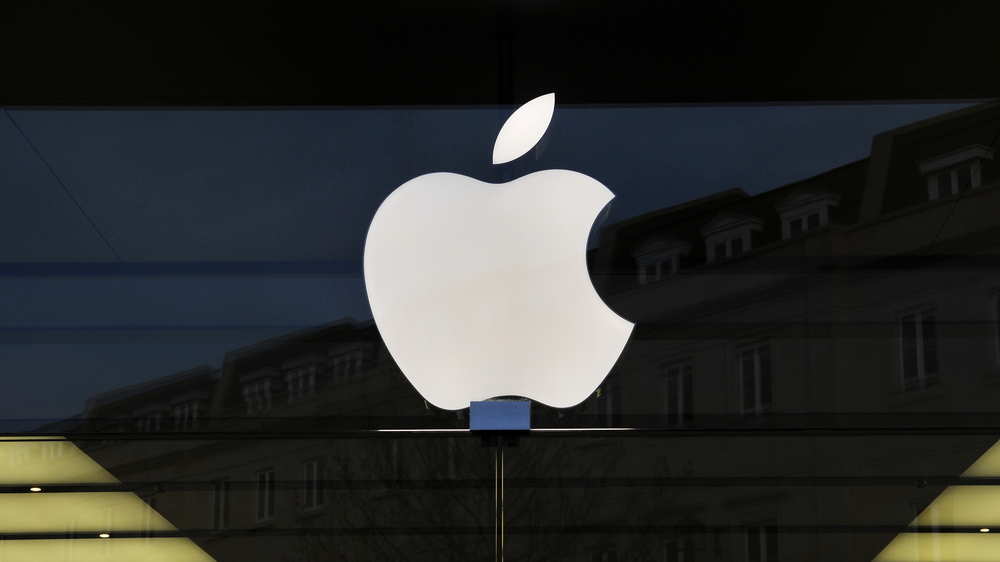
The end of Apple's 'i' era is nigh
If Apple's streaming music service launches tomorrow at WWDC and is branded with the company's name/logo, look for broad naming changes ahead. My guess, and it's only that: the lower-case letter before products like iMac or iPhone will disappear; over time. Under CEO Tim Cook, the branding strategy differs from Steve Jobs. That's sensible considering where the company is today compared to 1998 when the cofounder introduced iMac.
Apple Watch foreshadows the new nomenclature. Contrary to months of iWatch rumors before launch, the device is identified by sound as Apple Watch, but what you see is the company's logo, which is one of the most recognizable brand icons ever created. If Apple Music turns out to be more than just streaming, but the replacement for or displacement of iTunes, consider that as sign of future naming conventions to come. If I am mistaken -- well, Apple should do what I predict.
